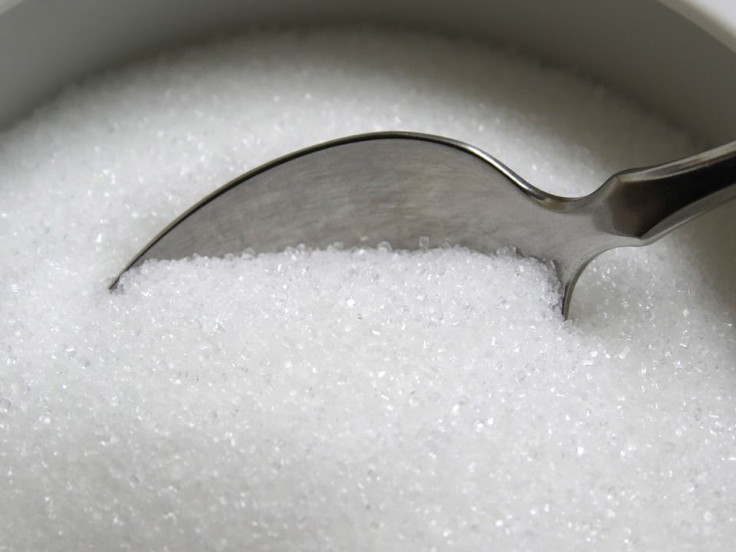Sugar Substitutes May Be Sabotaging Your Weight Loss Plans

In an effort to lose weight, many Americans swap traditional sugar for artificial sweeteners, such as Splenda and Sweet ‘N Low. But, the sweet sugar substitutes may not actually help shed unwanted pounds. In fact, they might even contribute to weight gain, according to a new report.
The report is a review of 37 studies that followed more than 400,000 people. It’s important to note that only seven of the studies were randomized controlled trials, which is considered the gold standard. The trials included a total of about 1,000 participants and revealed that artificial sweeteners didn’t consistently aid with weight loss. The other 30 studies found that the sweeteners may contribute to obesity, diabetes, and other health issues, but it can’t be confirmed because the studies were observational.
Read: Artificial Sweeteners And Weight Loss: Industry-Funded Studies May Overstate Health Benefits
"Despite the fact that millions of individuals routinely consume artificial sweeteners, relatively few patients have been included in clinical trials of these products," study author Dr. Ryan Zarychanski said in a statement. "We found that data from clinical trials do not clearly support the intended benefits of artificial sweeteners for weight management."
Sugar substitutes gained popularity because they have virtually no calories. But, the review, published in the Canadian Medical Association Journal, shows that the low-calorie sweeteners might not be worth it in the long run.
“I think originally it was calories were the problem, and we’ve made something that was zero calories, so we’re good,” study author Meghan Azad told The Washington Post. “But we’re learning that it’s not just about the calories.”
Read: Gluten-Free Food Options May Not Be As Healthy As You Think, Study Warns
The report adds to an extensive body of research that cites artificial sweeteners aren’t as healthy as many perceive them to be, but Azad notes that better-quality studies should be done in order to make a definitive statement.
“More research is definitely needed,” she told TIME. “You need a long-term study.”
This is not the first time that the substitutes have been scrutinized. During research conducted decades ago, poorly done animal studies created public fear that the artificial sweeteners were linked to cancer; however, the Food and Drug Administration (FDA) has stated there is not clear evidence that sweeteners approved for use in the United States are associated with cancer in humans.
If you opt to use sugar substitutes, when choosing a product you should “get informed and look beyond the hype,” Mayo Clinic recommends.
“While artificial sweeteners and sugar substitutes may help with weight management, they aren’t a magic bullet and should be used only in moderation,” according to Mayo Clinic. “If you use sugar substitutes to save calories, be careful not to eat higher calories foods as a reward for the calories you saved.”
See also: Does Diet Soda Cause Weight Gain? What Artificial Sweeteners Do To Your Body And Mind
Weight Loss Success: Woman Loses Over 230 Pounds, Now Runs Ultra Marathons And Aspires To Body-Build
Published by Medicaldaily.com



























